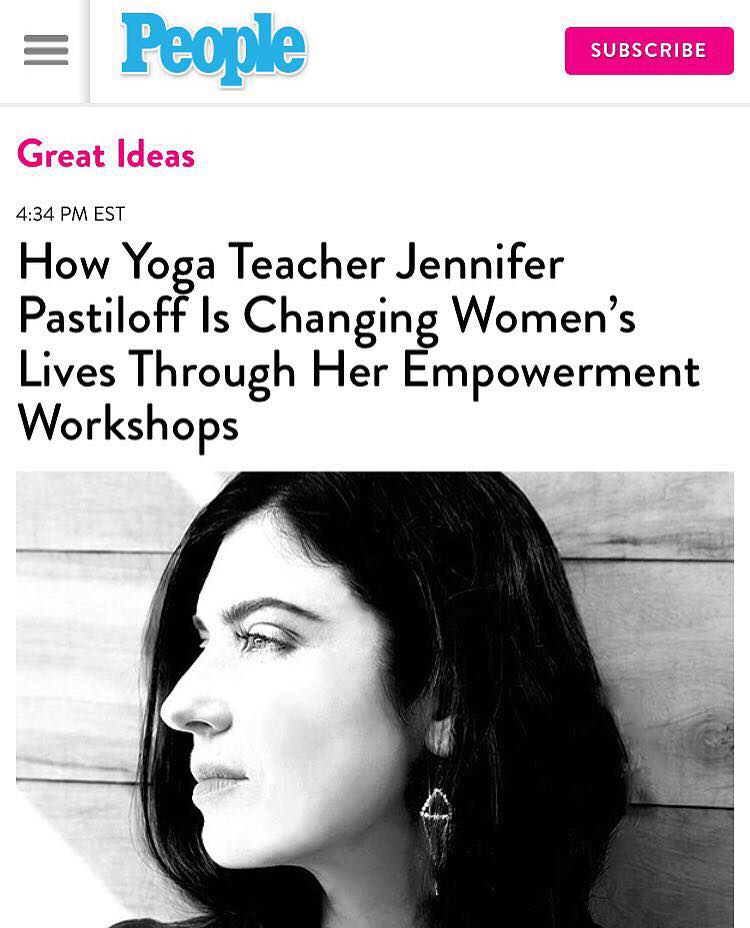By Michelle Riddell
You run into a friend. You have a minute, she has a minute so you stop and talk. She’s a good friend, a friend who has listened to you, laughed with you, helped you out in a variety of ways. She has told you the truth when you needed to hear it, and she can keep a secret. But today, she’s on a tear. She has a tendency to overthink things and jump to conclusions. She’s passionate and empathetic to a degree that sometimes clouds her judgement. It’s like something breaks loose in her mind, and her thoughts ricochet all over the place. Just moments into your exchange, her voice gets louder, her tone more shrill. She starts complaining about her husband and kids and then about her life in general. She’s underappreciated and misunderstood; she’s too busy to make plans; she feels left out. You can see it in her eyes: the dark, whirling wildness of someone coming undone. Before you can stop her, she’s gone.
She’s out on the ledge.
You know the ledge. It’s the same ledge we all know, the perilous junction of physical and emotional exhaustion. The place where relationships are damaged and trust is irrevocably broken; where we speak the unthinkable, burn bridges, and sabotage ourselves. It is the narrow niche of bitterness, loneliness, and regret; where we ruin things in slow motion and are incapable of damage control. The ledge is hard to climb down from, and it’s an unbearable place to be.
Because you’ve been there, because she is your friend and you know she’s desperately stuck, you can’t leave her there; you must talk her down.
Like any high-stakes negotiation, words can determine the outcome. Say the right thing, your friend reaches for your hand; say the wrong thing and you push her farther away. Clearly, she’s struggling against spiraling self-doubt; she’s not doing it right, not giving it right, not getting it right, none of it. And because you have been there, because you’ve been talked down from that very same ledge, you know what to say.
You don’t tell her to Calm down, Cheer up, or Relax. You don’t tell her to Look on the bright side, things are bound to get better or Just be grateful and you’ll be happy. You do not tell her she’s overreacting or embarrassing herself. You certainly don’t tell her to smile. You don’t say, You need to focus on— or You should feel—and you don’t tell her about someone you know who has it far worse.
Below the ledge, a long way down, is the deep gorge of composure, where self-possession and tranquility lie broken to bits. It’s best to distract her, lest she lean too far over. You lock eyes, though she tries to look anywhere else, and her eyes tell a miserable, vulnerable truth. She’s fragile but not frail. She’s fallible, like we all are, but not brittle or weak, and she wants your help.
You say, Tell me about it, I’m listening. Tell me how it started.
You say, Tell me everything, I can hear you and I’m listening.
You say, I hear you. I hear you and it sounds awful.
You tell her she’s fine, and if she asks, no, she did not make a scene. The last thing you want is for her to feel ashamed. And you repeat these affirmations like a mantra. Over and over again until the spell of overwhelming is broken, until she inches toward you, messy and raw, and you pull her in close.
This is what she needs to come down from the ledge.



